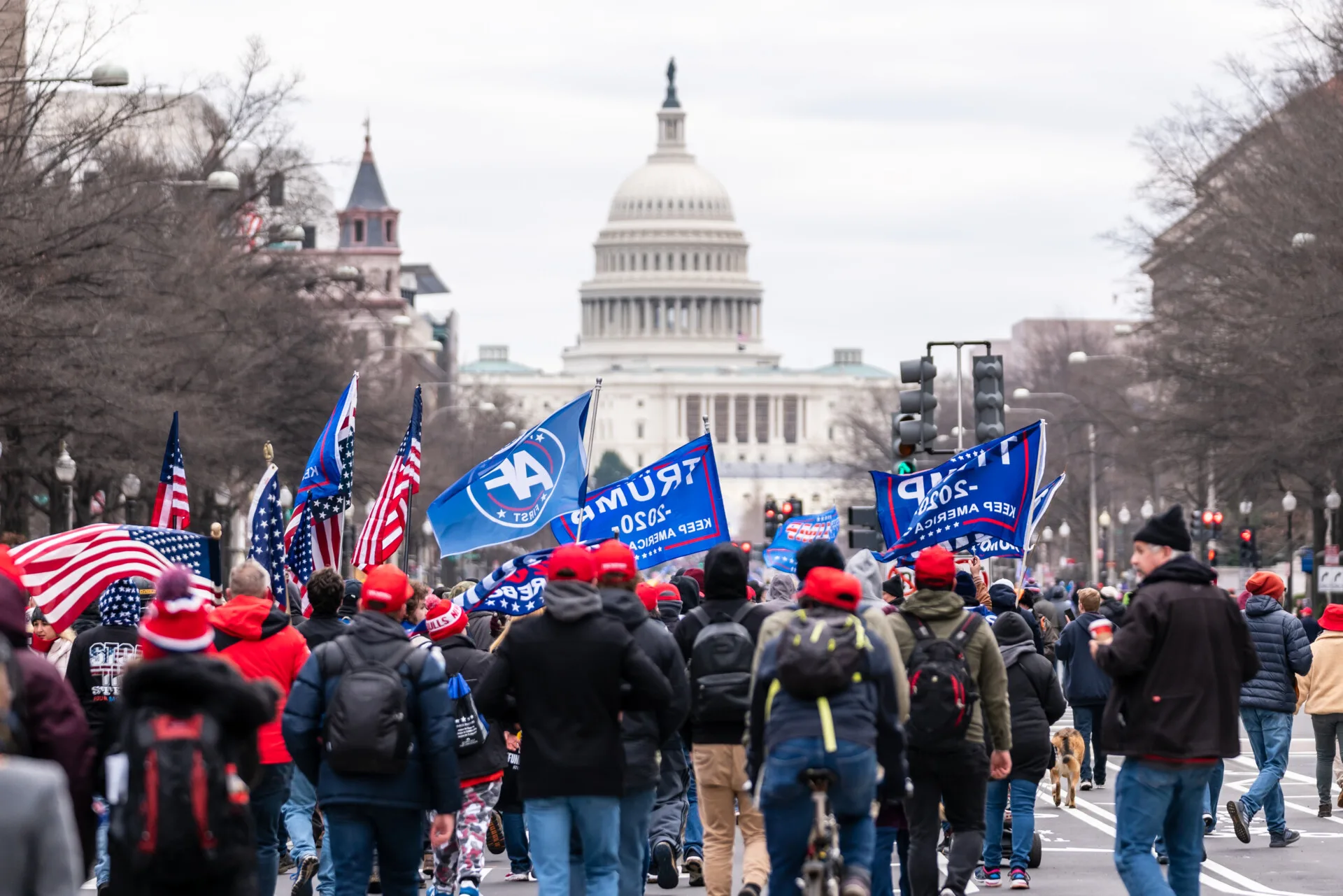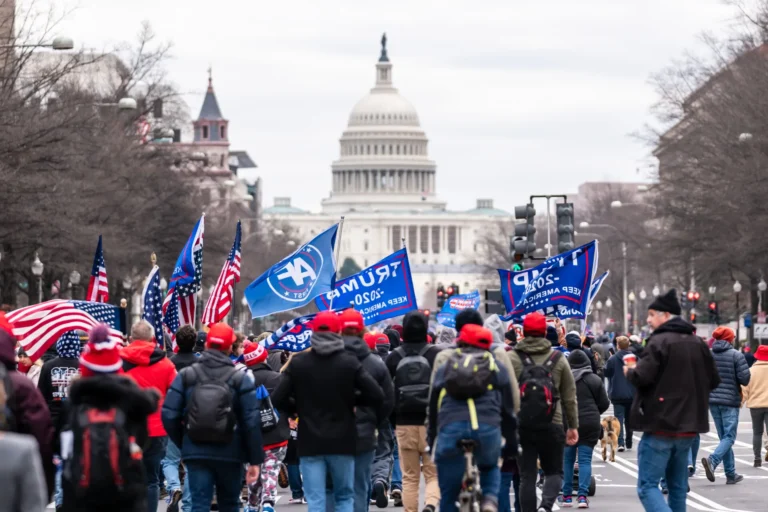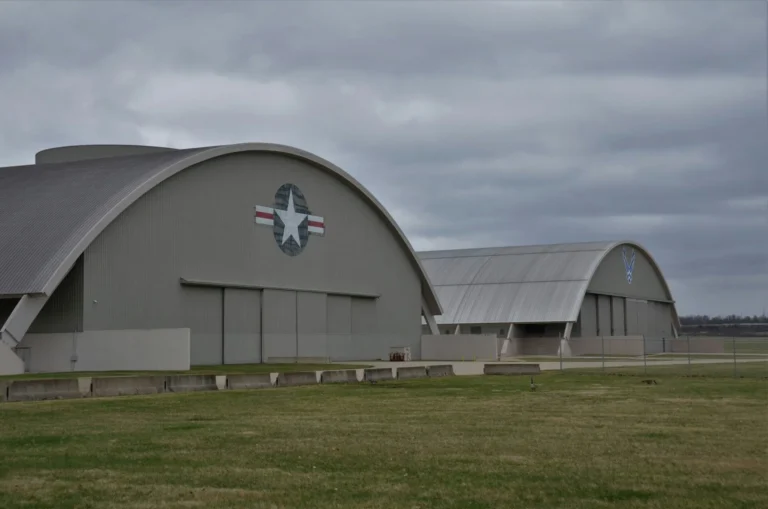“A series of decisions by the Biden Administration” was a “salient factor contributing to the [U.S. House January 6th] Committee’s robust and timely access to relevant evidence” regarding the failed insurrection attempted last year — that’s the verdict of a little-known but instructive legal sidebar on the matter released by the Congressional Research Service (CRS) back in August 2022.
The Biden Administration’s actions “have prioritized transparency and accountability over the confidentiality of executive branch communications,” added the CRS.
The CRS “serves as non-partisan shared staff to congressional committees and Members of Congress,” a self-description of its activities has stated.
The legal precedents set by the Biden Administration may have a far-reaching impact on the inquiries of Special Counsel Jack Smith, who has been appointed to take over two Justice Department criminal investigations into the activities of former President Donald Trump — though that influence is far from certain, implied the CRS report.
Below, the American Spark provides a few particularly important quotes from the CRS study:
“One significant aspect of the recent hearings held by the House Select Committee to Investigate the January 6th Attack on the United States Capitol (Committee) has been the frequency and prevalence of testimony by White House staffers and executive branch officials about private conversations and interactions they had with each other and sometimes directly with then-President Donald Trump.
“Presidential advisers have testified to congressional committees before—both voluntarily and under compulsion—but rarely has Congress been given such a clear window into the inner workings of the White House during a time of crisis. Recent history provides a number of high-profile examples of Congress struggling to obtain information from the White House and other executive branch officials regarding presidential decisions and actions.
“The Committee’s recent successes are likely due to a combination of political, legal, and practical factors. One salient factor contributing to the Committee’s robust and timely access to relevant evidence appears to have been a series of decisions by the Biden Administration, all of which have prioritized transparency and accountability over the confidentiality of executive branch communications.
“These include: the decision not to invoke—or support former President Trump’s invocation of—executive privilege over White House communications and documents relevant to the Committee’s investigation the decision to indict and prosecute Stephen Bannon and Peter Navarro for criminal contempt of Congress based on their failure to comply with Committee subpoenas, and the decision to reject asserted claims of absolute testimonial immunity for former advisers to former Presidents in favor of ‘a form of qualified immunity.’
“Each of these decisions has contributed, or likely will contribute, to the Committee’s ability to obtain information necessary to carry out its mandate, either by removing obstacles for those willing to cooperate with the Committee’s investigation or by weakening defenses for those unwilling to cooperate.
“With the Committee’s investigation possibly—though not necessarily—approaching a conclusion, it is not entirely clear how these developments in the law and practice of executive privilege, contempt of Congress, and testimonial immunity will impact future congressional investigations.
“Ultimately, it is possible that these developments may not substantially impact Congress’s ability to access internal White House communications outside the unique January 6th context.
Overview of Biden Administration Actions
“The Biden Administration has taken several actions that appear to have assisted the Committee in obtaining information regarding the events of January 6th.
“First, President Biden did not support former President Trump’s attempts to use executive privilege to restrict the Committee’s access to both White House documents and the testimony of certain former White House advisers. This decision effectively removed a possible hurdle to the Committee obtaining information from a variety of sources.
“For example, after former President Trump attempted to use executive privilege to block the National Archives and Records Administration (National Archives) from providing the Committee with relevant presidential documents, President Biden determined that under these ‘unique and extraordinary circumstances,’ asserting executive privilege over the requested documents would not be ‘in the best interests of the United States.’ He therefore notified the National Archives that he would ‘not uphold the former President’s assertion of Privilege.’
“In the ensuing litigation—which ultimately resulted in a court order directing the National Archives to turn the requested documents over to the Committee—the D.C. Circuit reasoned that President Biden’s determination that it was not in the public’s interest to assert executive privilege ‘carries immense weight in overcoming the former President’s’ claim.
“President Biden has made similar determinations for the use of executive privilege by former advisers to President Trump.
“Second, the Department of Justice (DOJ) has brought criminal actions against certain individuals for their failure to comply with Committee subpoenas. These indictments and prosecutions both seek to punish the specific witness and may deter others from following a similar path of non-compliance.
“Reported widely in media outlets, DOJ recently obtained a conviction of Stephen Bannon—a private citizen who, in that capacity, appears to have helped advise former President Trump on matters relating to January 6th—for criminal contempt of Congress.
“DOJ has also indicted former White House trade adviser Peter Navarro for his refusal to comply with Committee subpoenas. Navarro’s trial is scheduled to begin in November.
“Third, and most recently, DOJ has rejected assertions that its own doctrine of absolute testimonial immunity for close presidential advisers continues to apply after a President leaves office. Absolute immunity refers to the executive branch’s belief that certain presidential advisers cannot be compelled to appear at a congressional hearing to testify about their official duties. The DOJ Office of Legal Counsel (OLC) has previously reached this determination for both current and former advisers to a sitting President.
“However, in a brief submitted as part of litigation between former Chief of Staff Mark Meadows and the Committee, the DOJ stated that ‘the Department does not believe that the absolute testimonial immunity applicable to such an adviser continues after the President leaves office.’ Instead, any ‘relevant constitutional concerns are lessened’ and the adviser enjoys only a ‘form of qualified immunity.’
“DOJ then concluded that the Committee had sufficiently justified its need for Meadows’s testimony to overcome that qualified immunity.
Impact of Biden Administration Actions
“Each of these decisions has arguably improved the Committee’s ability to access information relevant to its investigation. The Committee’s receipt of documents and testimony revealing internal White House communications and deliberations also has value as a historical precedent and may be used by future congressional committees to support access to similar information in new and subsequent investigations.
“Still, each decision was made in a fact-specific context, and none substantially shifted existing executive branch policy vis-a-vis Congress. In the long term then, and as discussed below, it is unclear whether these recent precedents will open the door to repeat access to internal White House communications.” […]
Conclusion
“The Biden Administration has made a variety of decisions that appear to have aided the Committee in its ability to obtain documents and testimony reflecting internal White House communications related to January 6th. These decisions, however, do not appear to have made substantial alterations to existing executive branch policies on executive privilege, the enforcement of contempt of Congress citations, or the executive’s theory of absolute testimonial immunity for close presidential advisers.
“As such, the degree to which the precedents set during the Committee’s investigation will impact the ability of future and unrelated congressional investigations to obtain similar levels of access to internal White House communications remains uncertain.”






